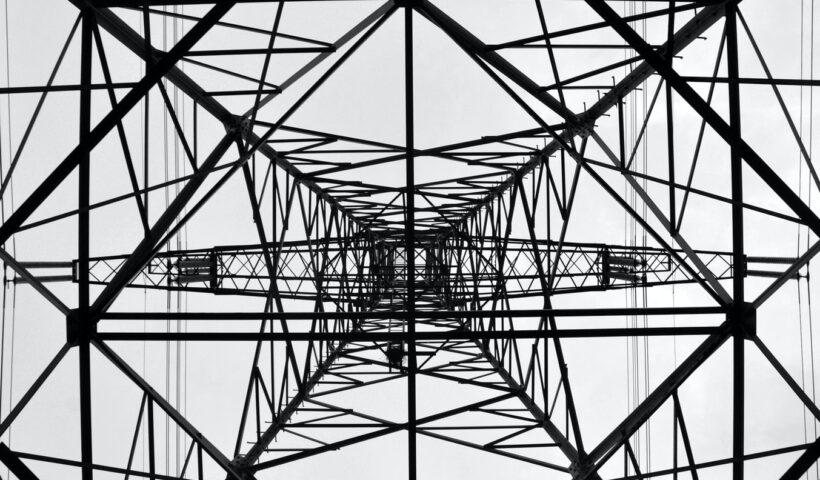Infrastructures are technologies which facilitate fundamental operations and systems within a society (Cambridge Dictionary n.p.). Infrastructures often appear mundane, with examples including roads, public transport systems and government buildings. However, their pervasiveness, alongside the roles they play in the structuring of everyday existence, make infrastructures political objects. Anand, Gupta, and Appel (2018) describe infrastructures as “social, material, aesthetic, and political formations that are critical both to differentiated experiences of everyday life and to expectations of the future” (3). This understanding informs Infrastructure Studies, a critical field which examines how experience with infrastructure informs the material conditions and political imaginations of citizens.
View More Neoliberal Façades, Concrete Utopias: The Infrastructure of Weird Fiction
